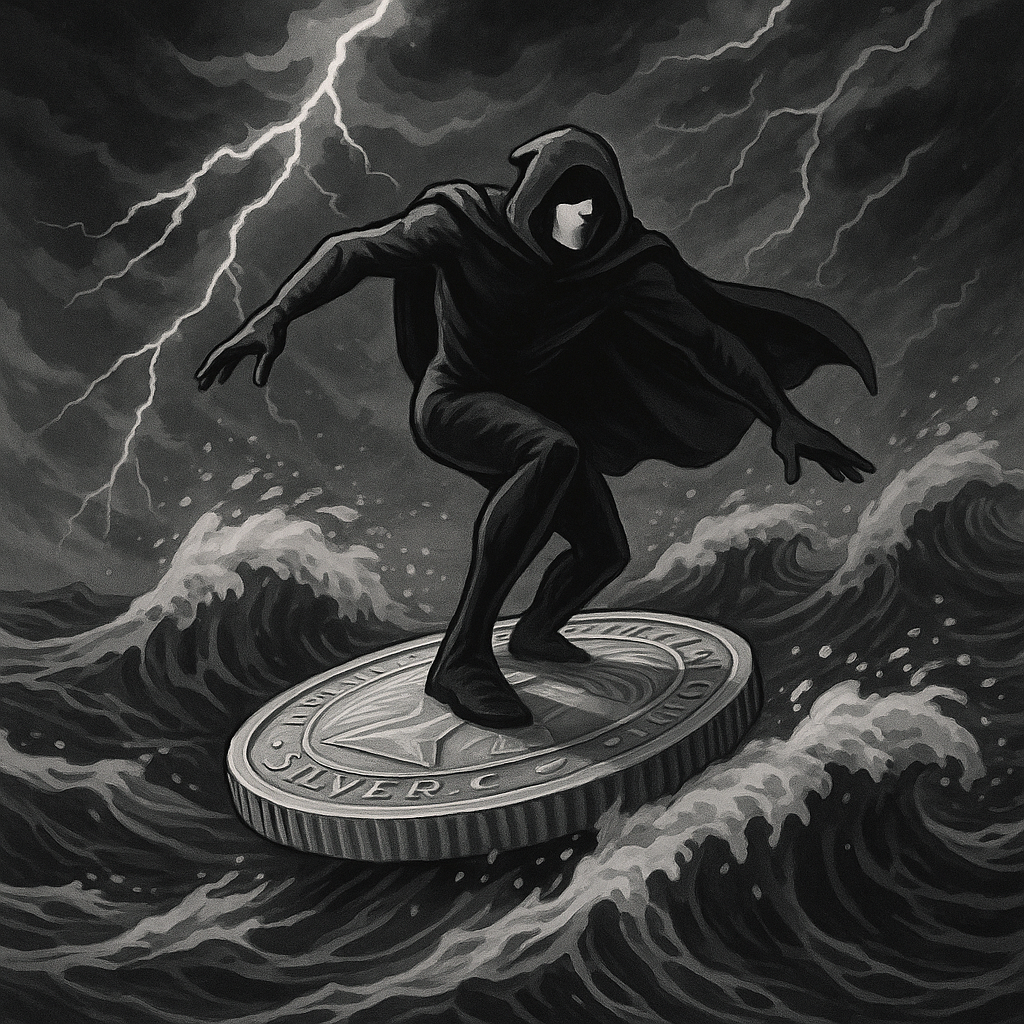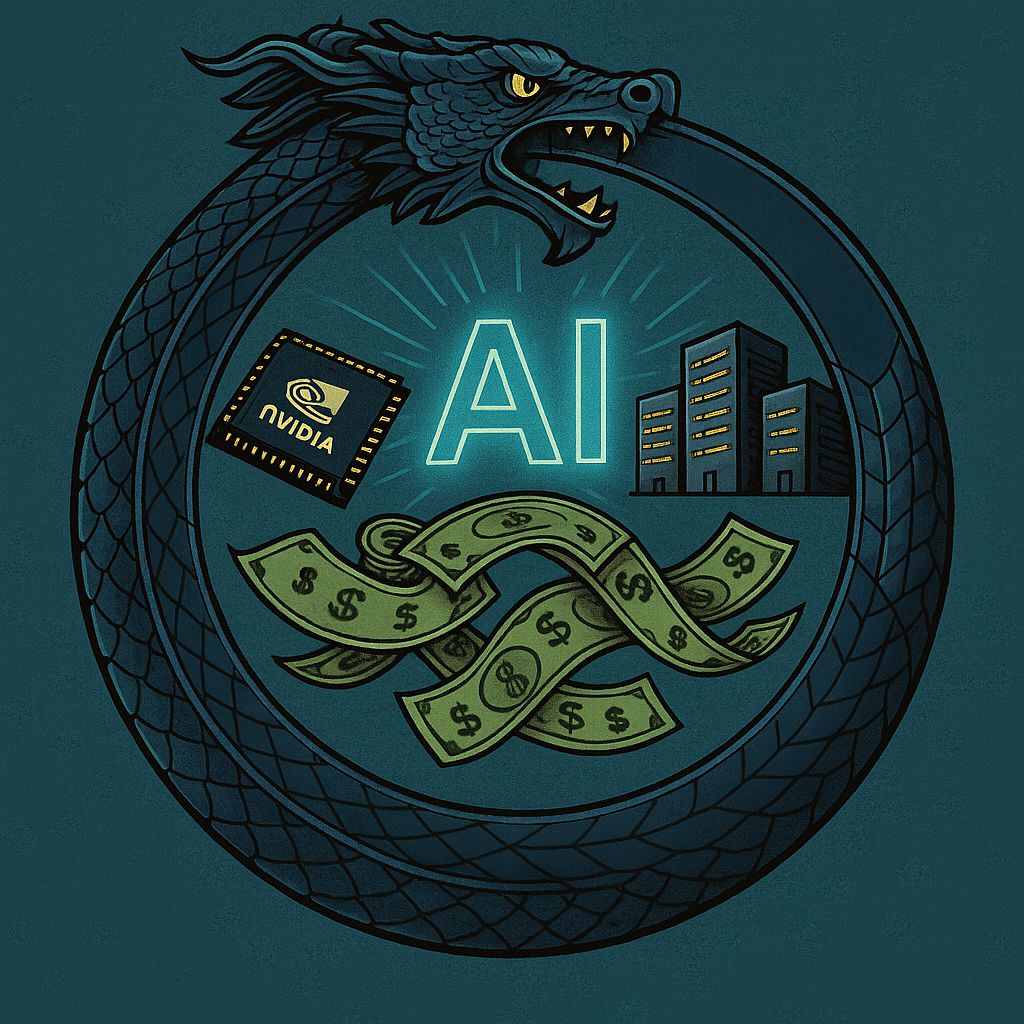The Mud, the Mist, and the Market
The Mud, the Mist, and the Market
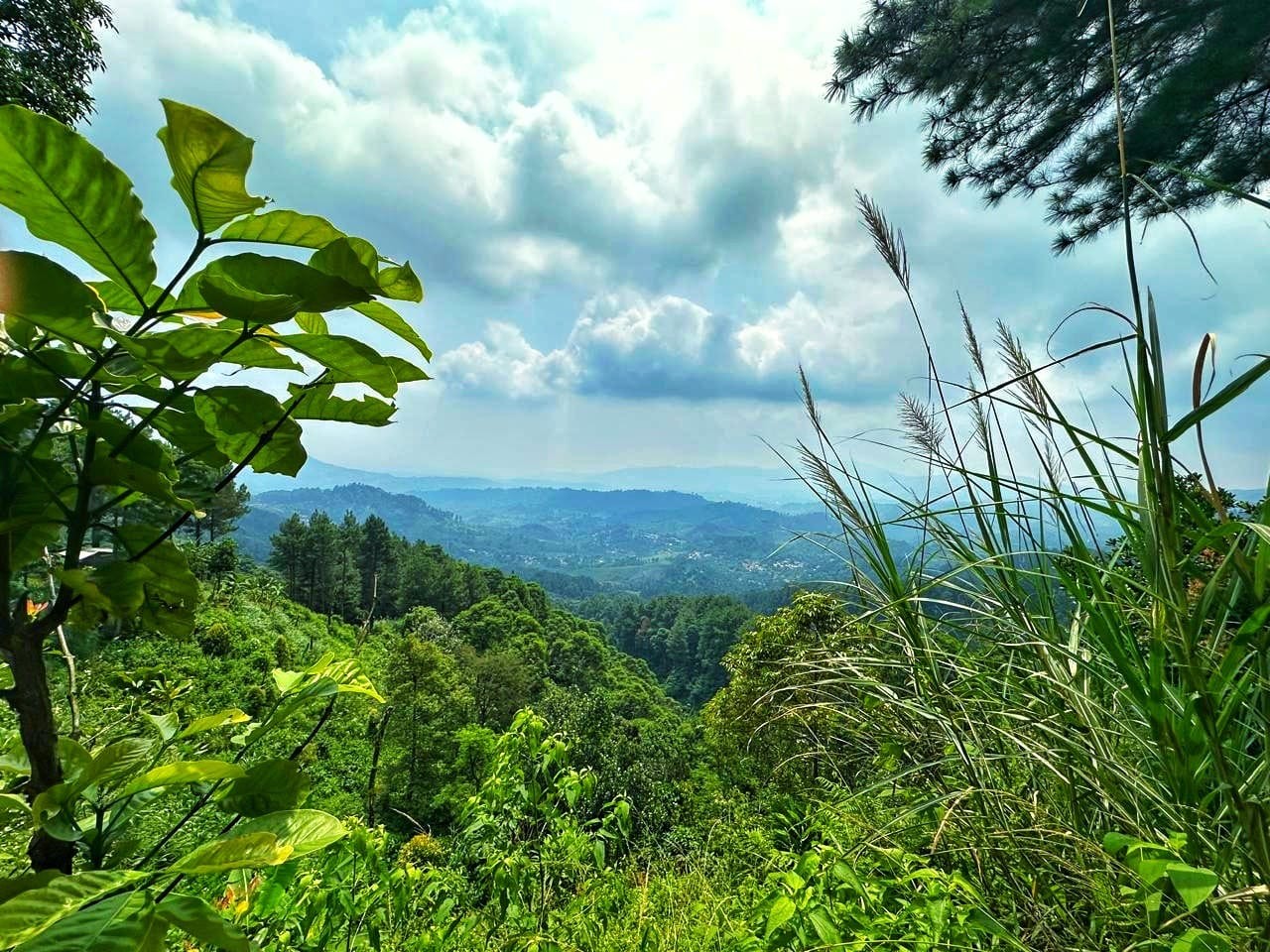

The city was still wrapped in that pre-dawn quietness when we left Jakarta at 6 AM, the kind of calm that settles just after heavy rain. A ragtag group—friends, colleagues, and fellow travelers in the investment track—rolled out toward Sentul, an hour ride away from Jakarta, half-awake but fully committed to spending the day sweating voluntarily.
The night’s downpour meant one thing: mud. Some of us secretly hoped for another drizzle, a convenient excuse to bail. But, in classic group fashion, everyone acted enthusiastic.
We arrived around seven, the air thick with mist. A smiling local guide sized us up, and perhaps sensing our collective overconfidence, cheerily recommended the “advanced” trail. A few uncertain glances exchanged; nods followed—because how bad could it be, really?
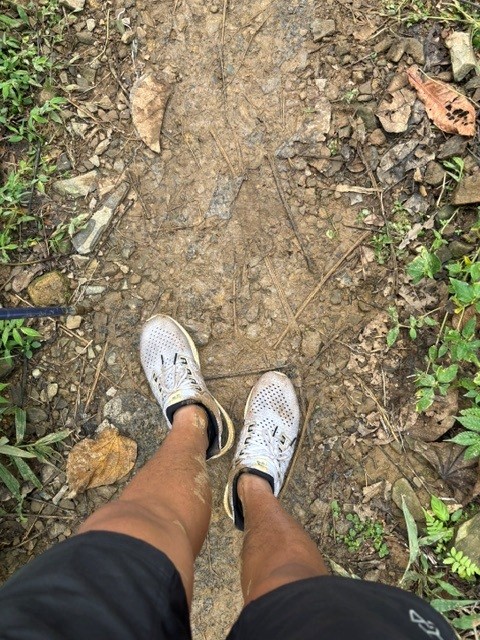
Braving through the mud
The trail began deceptively easy—bamboo groves, damp ferns, serene surroundings. Soon enough, though, the incline sharpened. Mud turned slick underfoot; roots became both handholds and trip hazards. Each step was carefully placed. Eyes down, minds focused. Nobody was planning more than a foot ahead.
Then came a shout:
“Stop and look!”
Reluctantly lifting our gaze from immediate challenges, we were met with a view that made jaws drop. The village below, so minuscule from up here, marked our unnoticed progress. How far we’d climbed, step by muddy step, was remarkable.
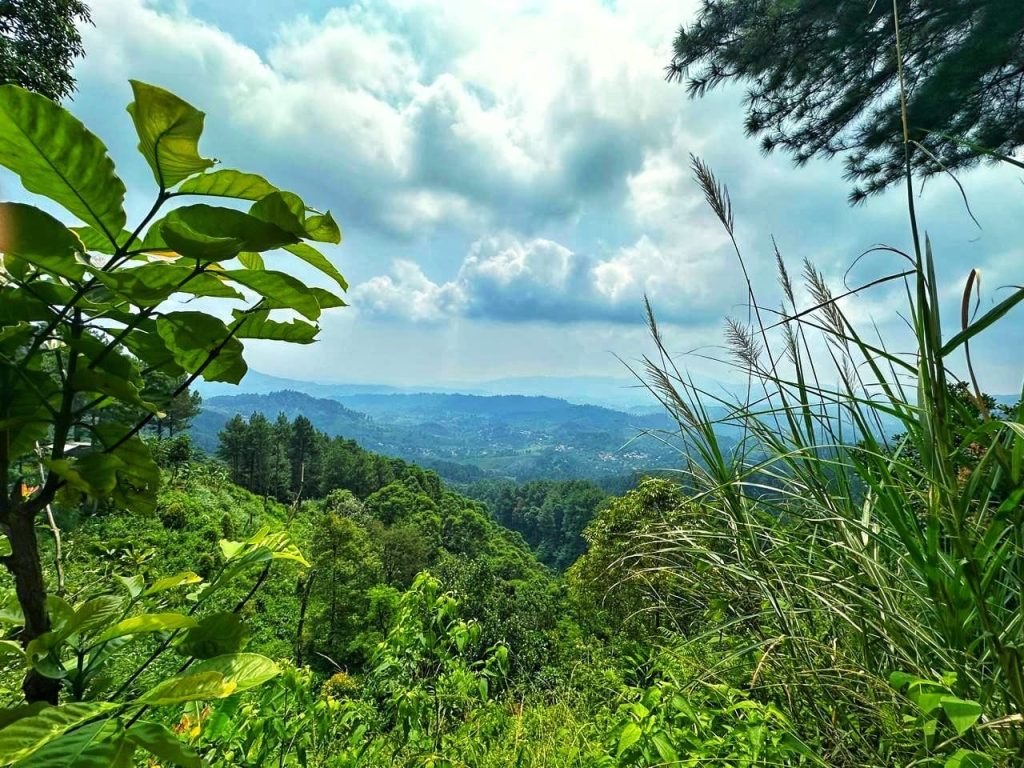
And in that quiet, reflective pause, a familiar thought struck me:
How quickly we forget the journey when momentarily slipping in the mud.
In investing, a bad season can make any investor nervous. We stare at our immediate steps—worrying over recent downturns, quick to question, quicker to criticize. But zoom out just a little, and those “terrible seasons” fade into the broader narrative—a story where money doubles, triples, even quintuples.
It’s easy to forget how far we’ve climbed when we’re busy cursing the mud.
Howard Marks had a point: “If you avoid the losers, the winners take care of themselves.” Or translated for our hike: “Manage your footing, and the peak will eventually appear.”
The climb continued, rhythmically challenging yet strangely meditative. Conversations bubbled up once the terrain eased—laughing, debating, and exchanging exaggerated “war stories” from past hikes. I noticed different hiking styles mirrored how people approach problems: some methodically tracking every meter of ascent, others instinctively reading the terrain, while a few trusted blindly (perhaps a little too blindly) in luck. Different methods, same muddy path.
And all the while, the trail kept throwing surprises at us. Just like the market. One minute it’s calm, the next you’re dodging another slippery slope. A bit like keeping up with tariffs in the news: Monday it’s elections, Tuesday it’s 34% tariffs, by lunch the Fed speaks, and before you finish your coffee it’s 54% tariffs. Elon tweets something, up it goes to 104%, then Trump posts on social media and suddenly it’s 145%. At some point you stop checking and just focus on not faceplanting.
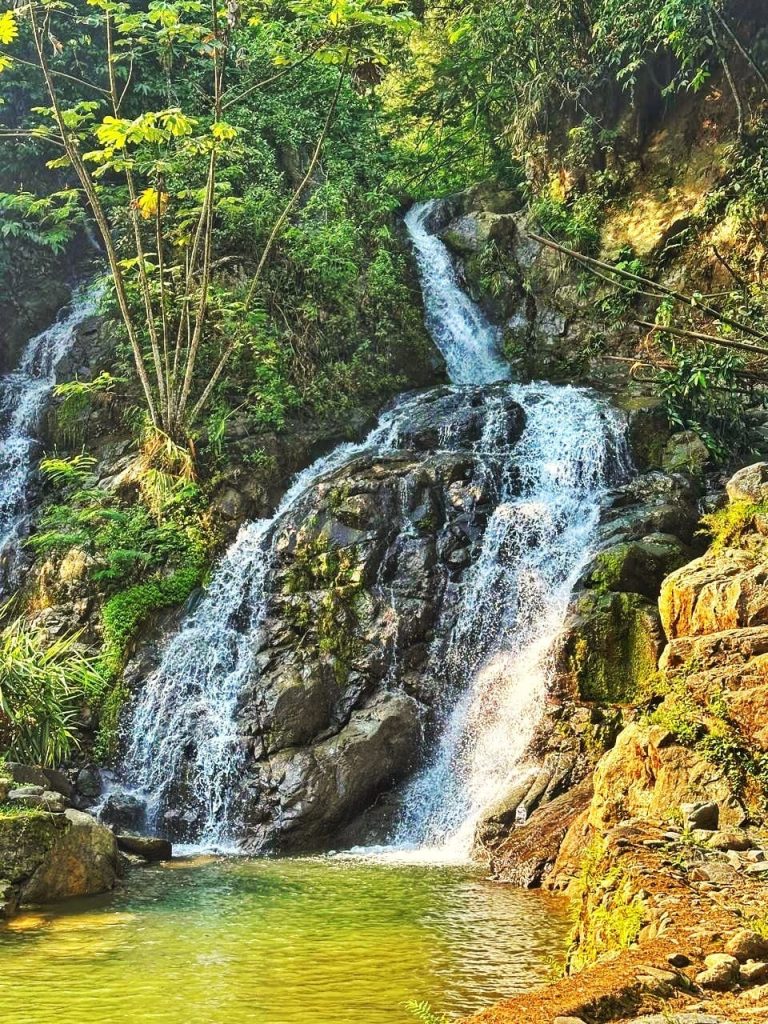
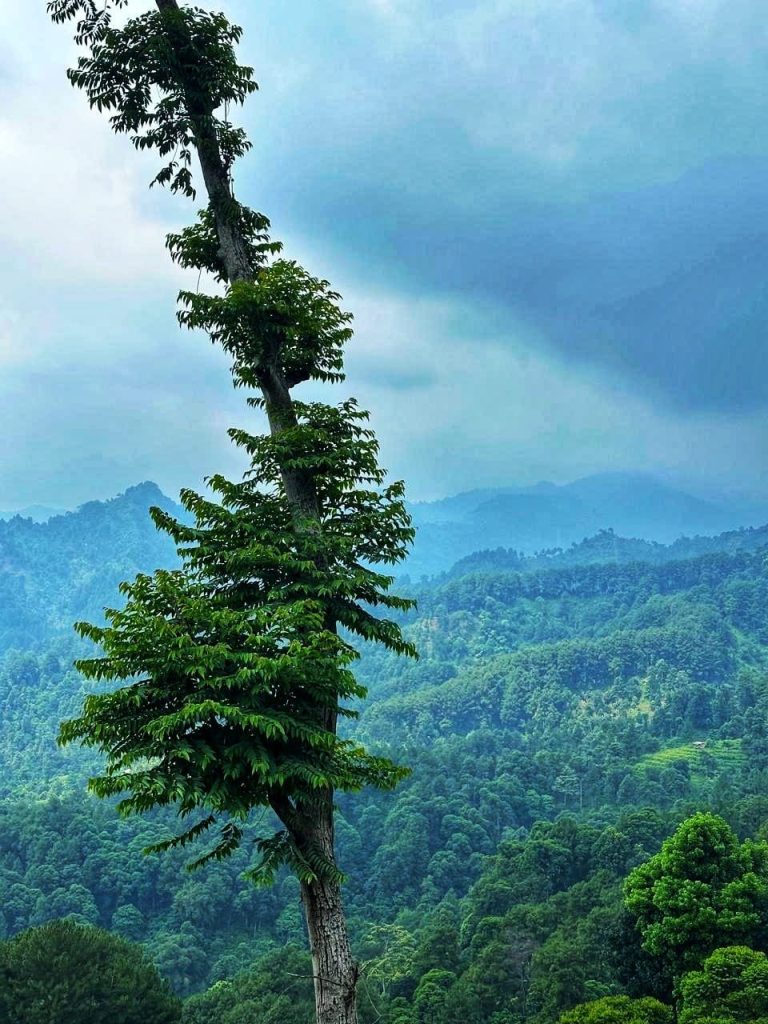
No shortcuts emerged. No “cheat codes.” Just consistent, cautious steps forward—punctuated by occasional helping hands, usually just before someone slid embarrassingly backward.
By lunchtime, exhausted and muddy, we descended back to base, hunger gnawing pleasantly. The post-hike BBQ was undeservedly delicious, a payoff disproportionate to our modest morning exertion.
Driving back, staring at Jakarta’s familiar skyline, the day’s symbolism was clear as day. Progress rarely announces itself. Whether on a mountain or in a market, it’s the quiet, consistent effort that accumulates into something meaningful. A few moments may look messy. Some stretches may feel like setbacks. But give it time, step back, and the bigger picture starts to reveal itself.
Markets, much like misty mountain trails, reward patience over panic, steadiness over speed, and presence over noise.
Keep walking through the mud, and sooner or later, you’ll find yourself at heights you never expected. The view, as always, will take care of itself.

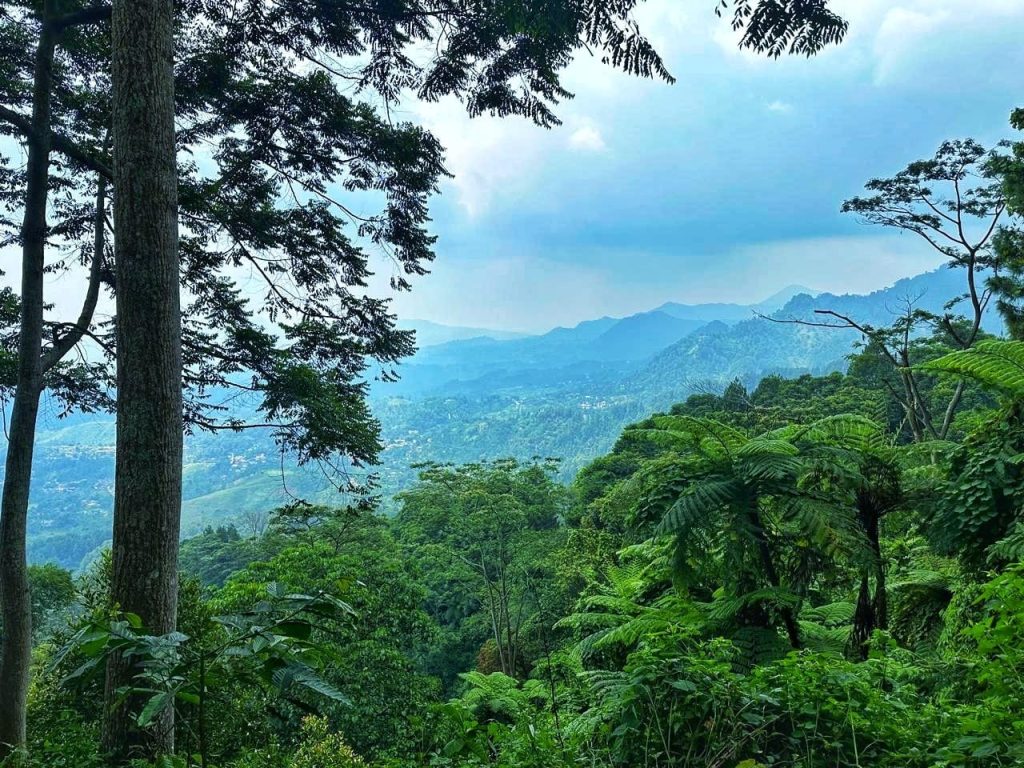
Aryo Soerjohadi
Admin heyokha
Share
The city was still wrapped in that pre-dawn quietness when we left Jakarta at 6 AM, the kind of calm that settles just after heavy rain. A ragtag group—friends, colleagues, and fellow travelers in the investment track—rolled out toward Sentul, an hour ride away from Jakarta, half-awake but fully committed to spending the day sweating voluntarily.
The night’s downpour meant one thing: mud. Some of us secretly hoped for another drizzle, a convenient excuse to bail. But, in classic group fashion, everyone acted enthusiastic.
We arrived around seven, the air thick with mist. A smiling local guide sized us up, and perhaps sensing our collective overconfidence, cheerily recommended the “advanced” trail. A few uncertain glances exchanged; nods followed—because how bad could it be, really?

Braving through the mud
The trail began deceptively easy—bamboo groves, damp ferns, serene surroundings. Soon enough, though, the incline sharpened. Mud turned slick underfoot; roots became both handholds and trip hazards. Each step was carefully placed. Eyes down, minds focused. Nobody was planning more than a foot ahead.
Then came a shout:
“Stop and look!”
Reluctantly lifting our gaze from immediate challenges, we were met with a view that made jaws drop. The village below, so minuscule from up here, marked our unnoticed progress. How far we’d climbed, step by muddy step, was remarkable.

And in that quiet, reflective pause, a familiar thought struck me:
How quickly we forget the journey when momentarily slipping in the mud.
In investing, a bad season can make any investor nervous. We stare at our immediate steps—worrying over recent downturns, quick to question, quicker to criticize. But zoom out just a little, and those “terrible seasons” fade into the broader narrative—a story where money doubles, triples, even quintuples.
It’s easy to forget how far we’ve climbed when we’re busy cursing the mud.
Howard Marks had a point: “If you avoid the losers, the winners take care of themselves.” Or translated for our hike: “Manage your footing, and the peak will eventually appear.”
The climb continued, rhythmically challenging yet strangely meditative. Conversations bubbled up once the terrain eased—laughing, debating, and exchanging exaggerated “war stories” from past hikes. I noticed different hiking styles mirrored how people approach problems: some methodically tracking every meter of ascent, others instinctively reading the terrain, while a few trusted blindly (perhaps a little too blindly) in luck. Different methods, same muddy path.
And all the while, the trail kept throwing surprises at us. Just like the market. One minute it’s calm, the next you’re dodging another slippery slope. A bit like keeping up with tariffs in the news: Monday it’s elections, Tuesday it’s 34% tariffs, by lunch the Fed speaks, and before you finish your coffee it’s 54% tariffs. Elon tweets something, up it goes to 104%, then Trump posts on social media and suddenly it’s 145%. At some point you stop checking and just focus on not faceplanting.


No shortcuts emerged. No “cheat codes.” Just consistent, cautious steps forward—punctuated by occasional helping hands, usually just before someone slid embarrassingly backward.
By lunchtime, exhausted and muddy, we descended back to base, hunger gnawing pleasantly. The post-hike BBQ was undeservedly delicious, a payoff disproportionate to our modest morning exertion.
Driving back, staring at Jakarta’s familiar skyline, the day’s symbolism was clear as day. Progress rarely announces itself. Whether on a mountain or in a market, it’s the quiet, consistent effort that accumulates into something meaningful. A few moments may look messy. Some stretches may feel like setbacks. But give it time, step back, and the bigger picture starts to reveal itself.
Markets, much like misty mountain trails, reward patience over panic, steadiness over speed, and presence over noise.
Keep walking through the mud, and sooner or later, you’ll find yourself at heights you never expected. The view, as always, will take care of itself.


Aryo Soerjohadi
Admin heyokha
Share








